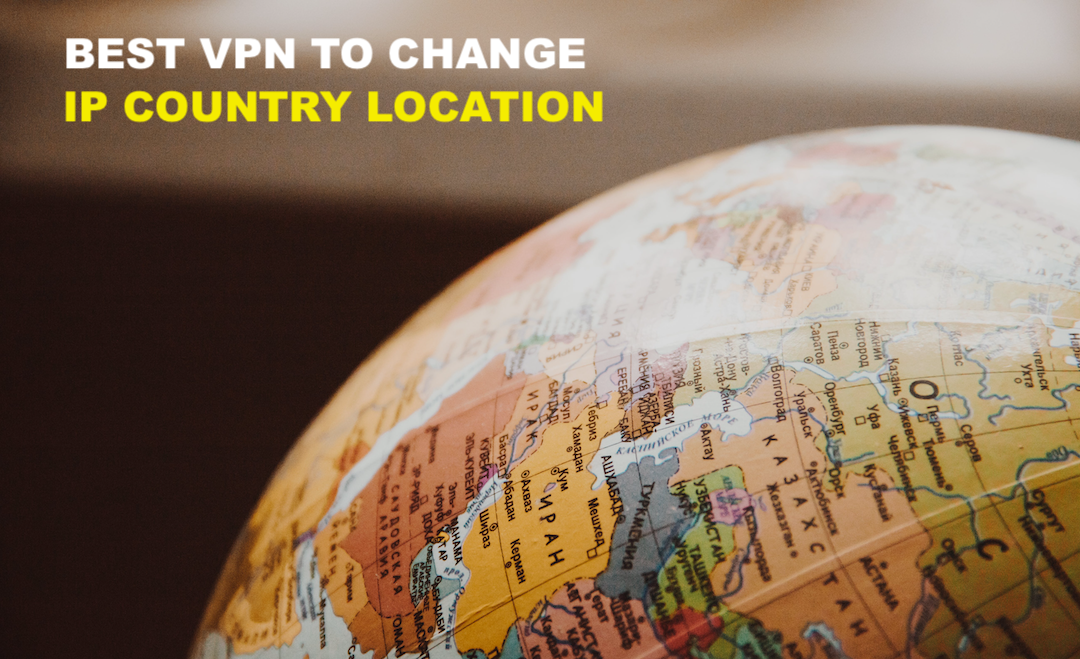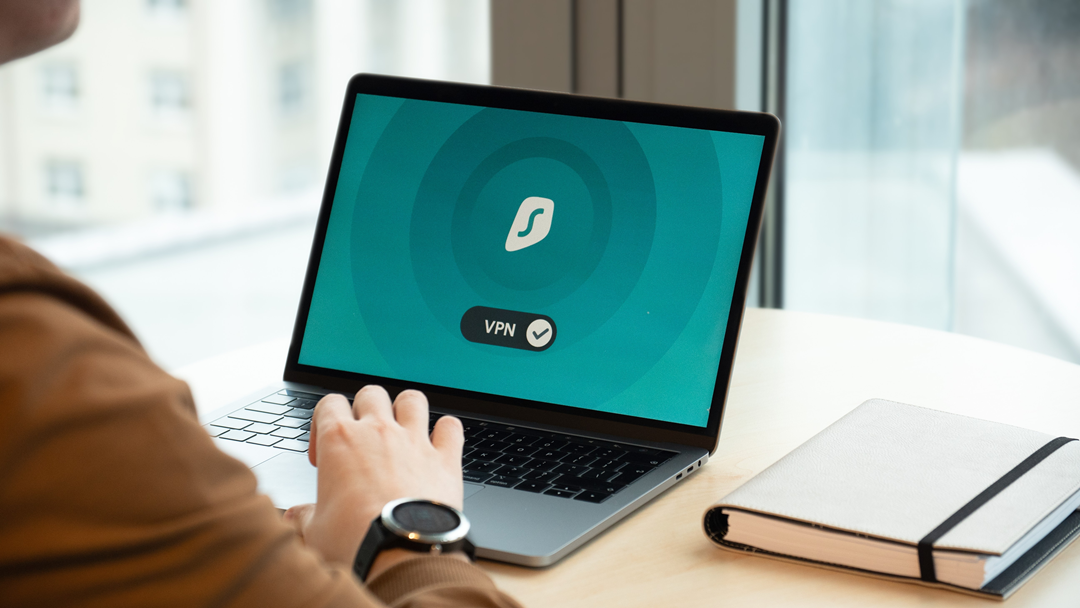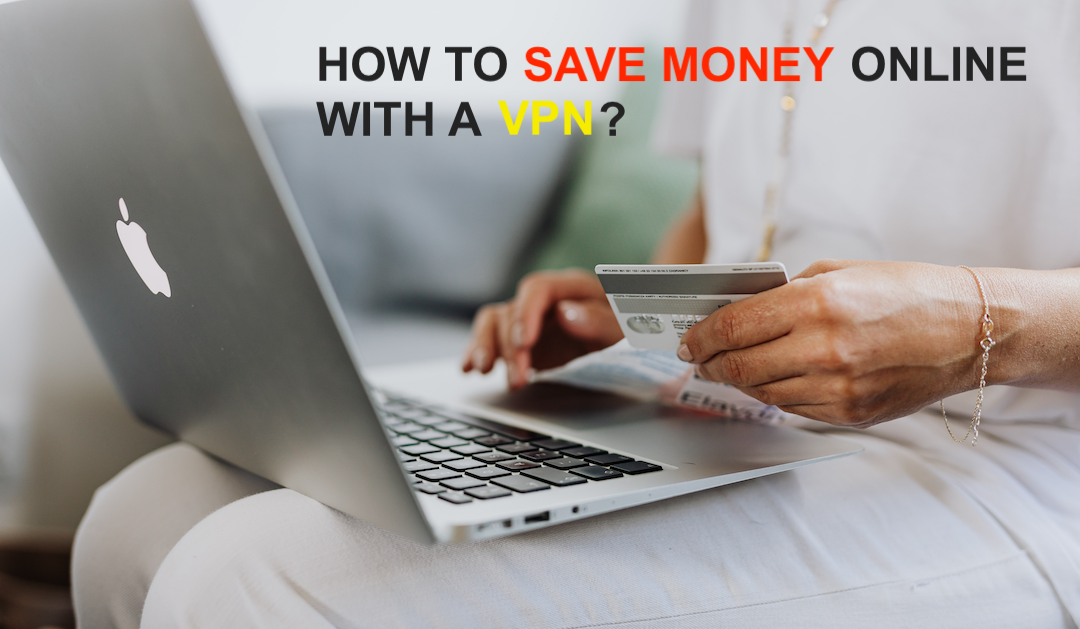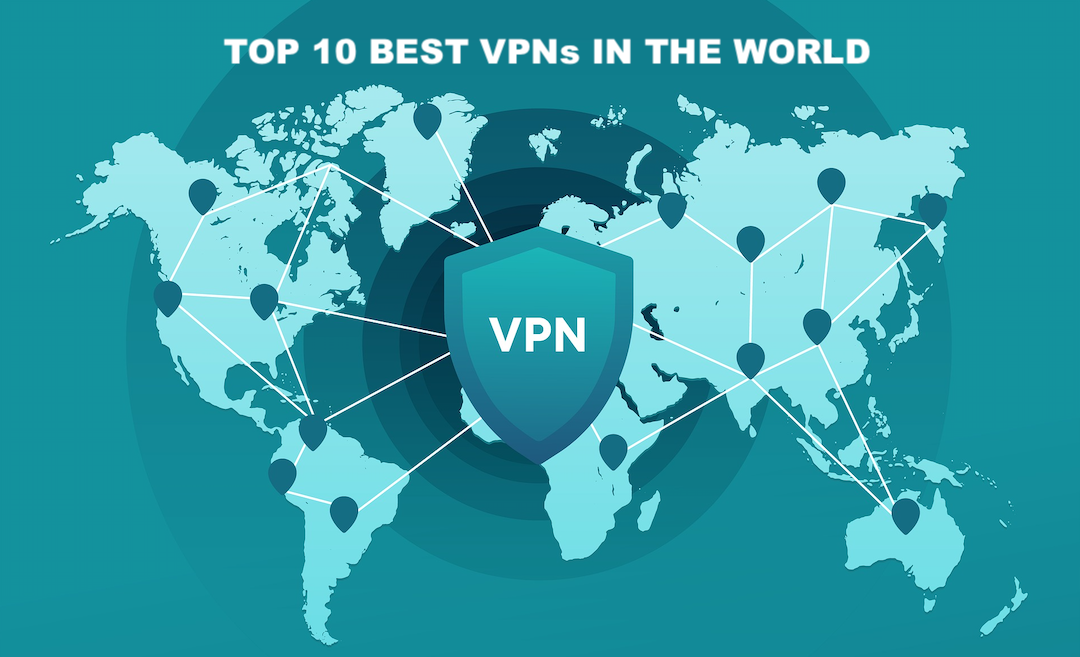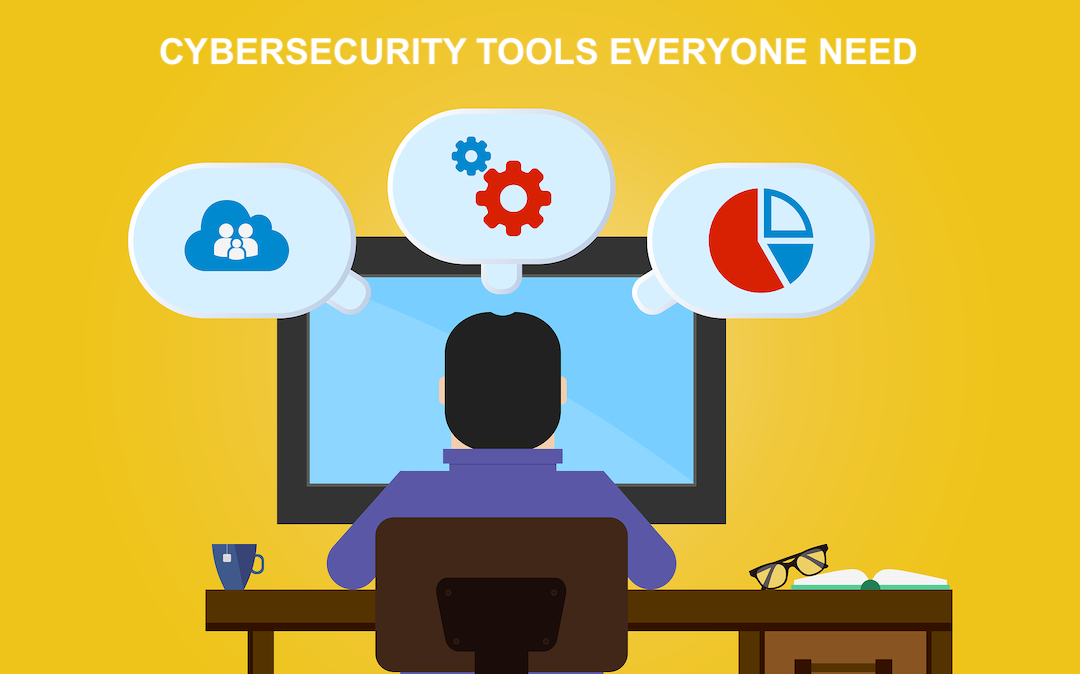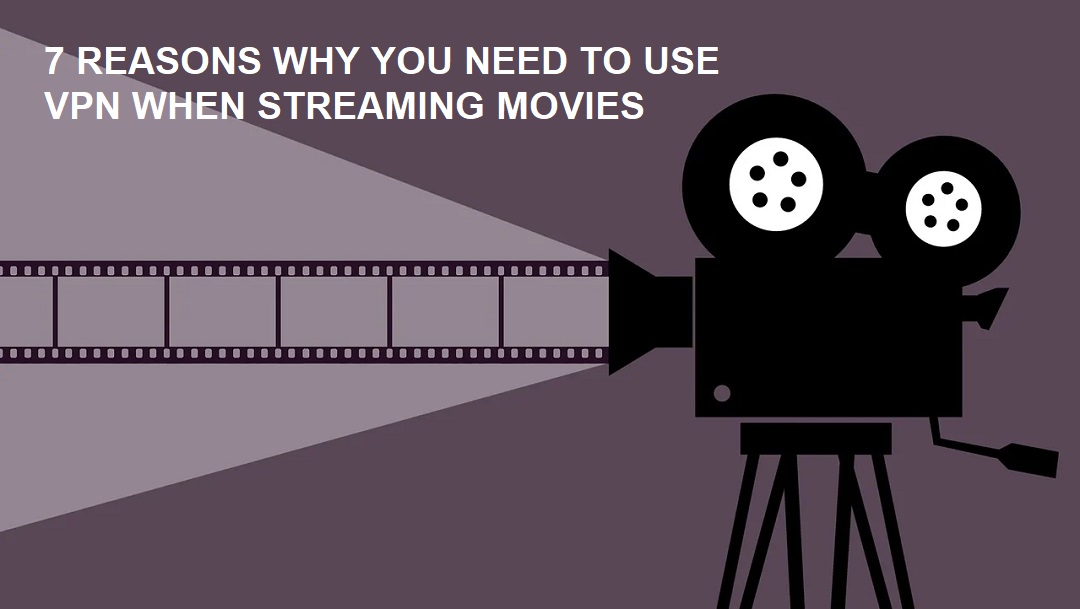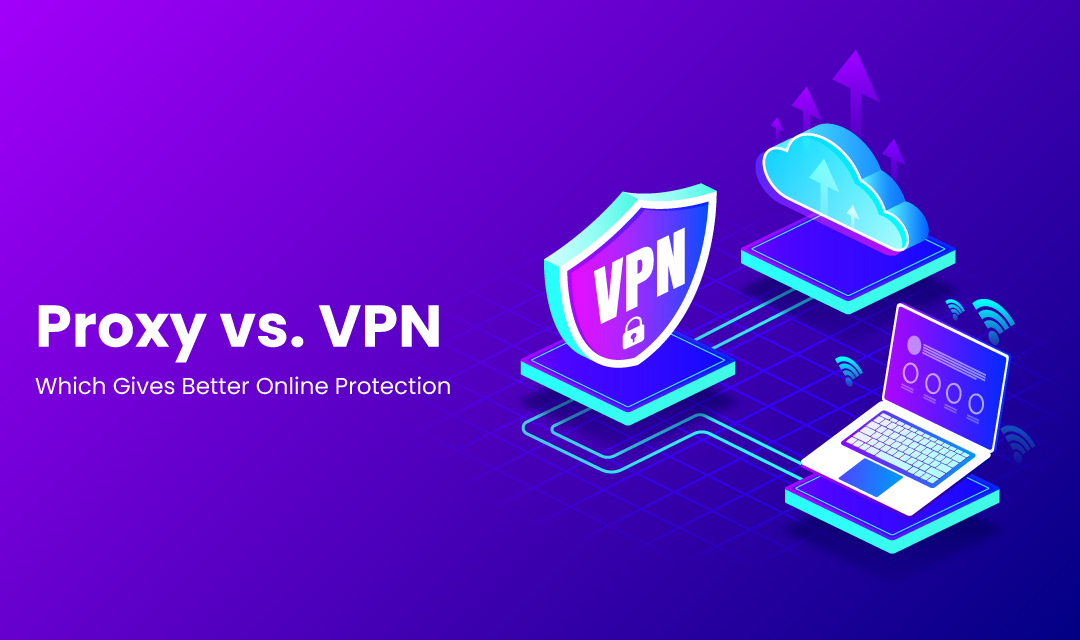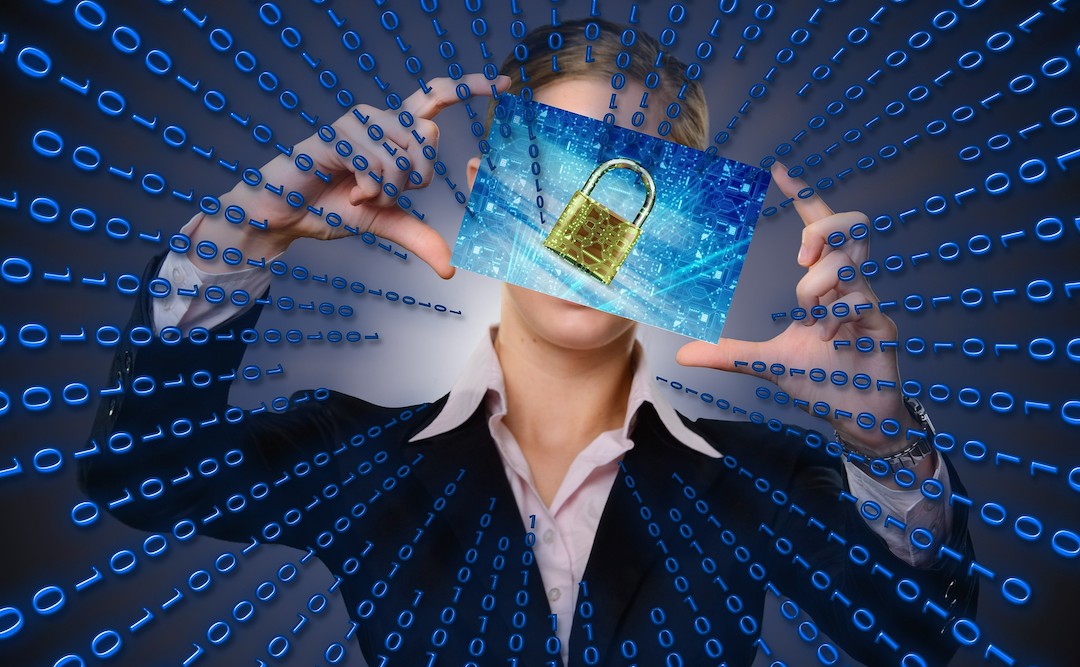
VPNs are essential privacy tools whose demand is increasing. According to stats, over 30% of netizens will use a VPN. More than half of the population uses a VPN to protect their digital privacy on public Wi-Fi. Others also use a VPN to bypass bandwidth throttling, browse anonymously, access blocked sites, and circumvent censorship. However, not all VPNs are created equally. Thus, it is vital to understand the differences between VPNs so it's easy to make an informed decision. For example, users avoid free VPN providers because of their limited features and poor security.

